The following people have strongly influenced Eerikkilä’s development with their own valuable contribution and have been invited to join the Eerikkilä Hall of Fame. The first members, listed below, were inducted in 2019.
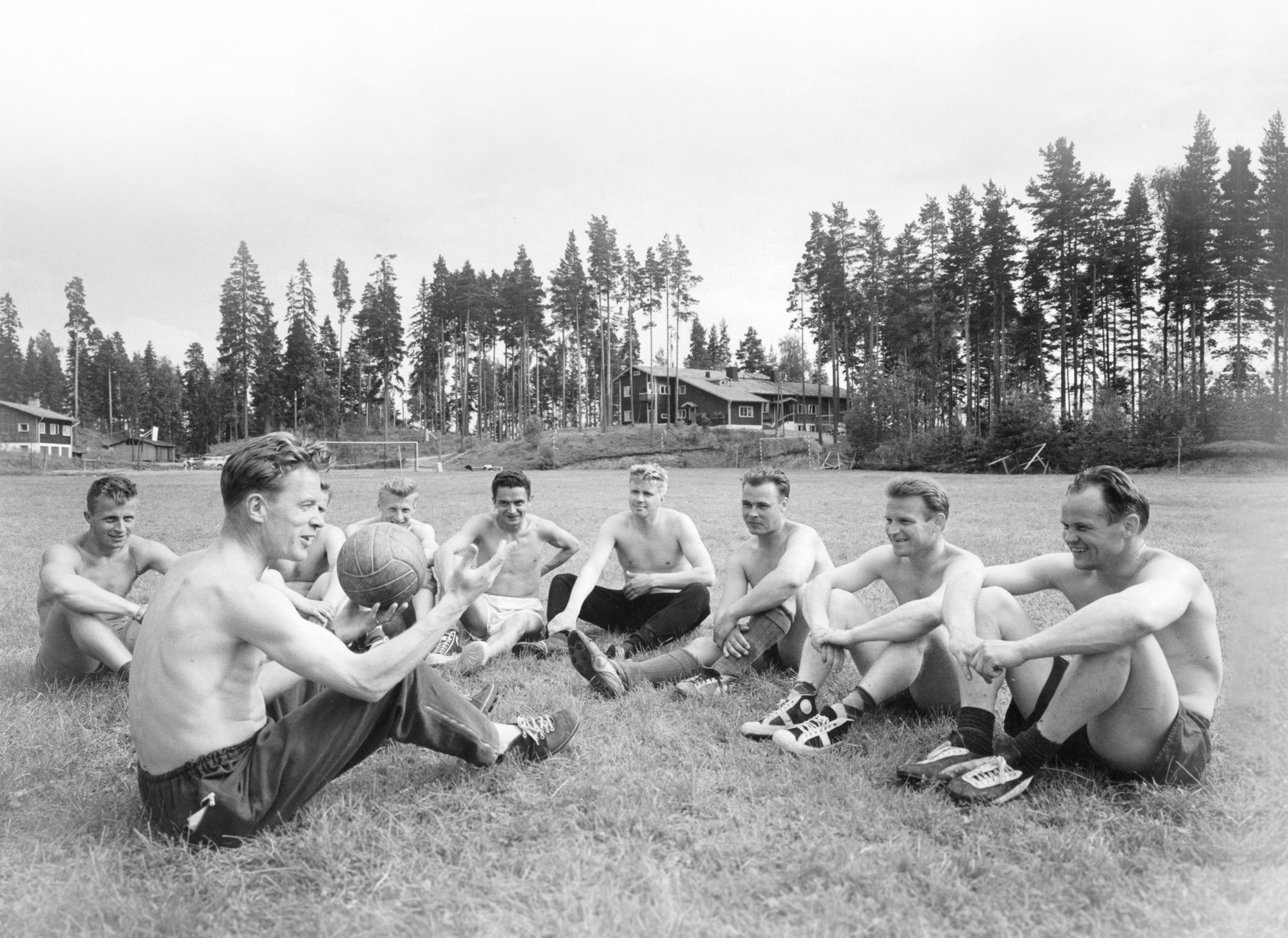
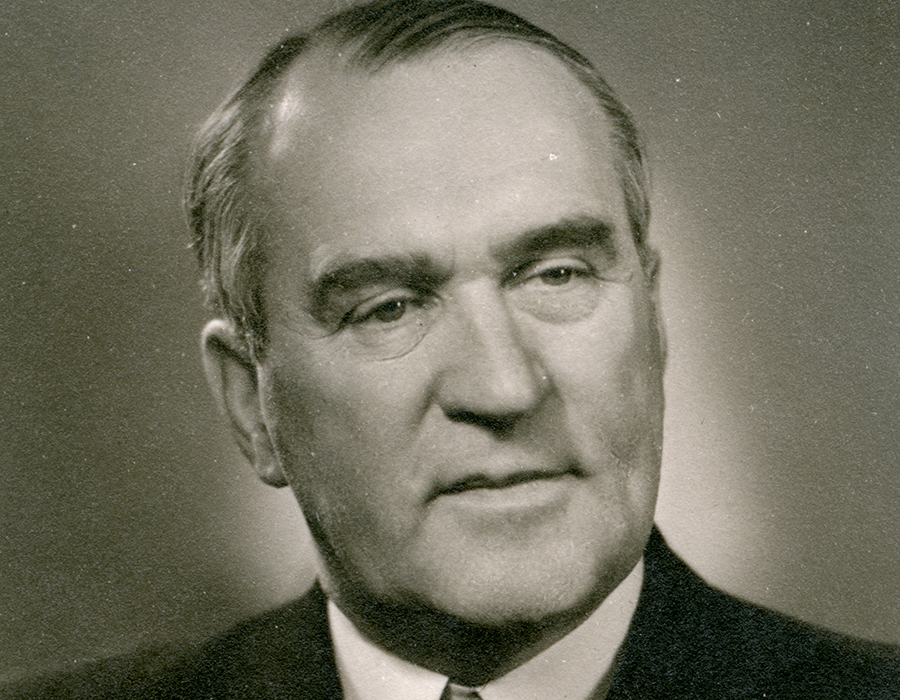
1. Erik Von Frenckell
Creator of Eerikkilä and the most important background figure for the first decades of the centre. In the year 1945 he made Eerikkilä possible by selling 15 hectares of his land to the Football Association of Finland (FAF). The chair of the foundation Palloilu Säätiö 1952–1973 and as a member of the board until his death in 1977.
The most influential sports director in Finland’s history of sports. Lengthy career as the deputy mayor of Helsinki 1931–1955 and a member of the Finnish parliament 1927–1939, (“Erkki Everywhere”). The main factor in bringing the Olympic Games to Helsinki, Finland in 1952. Serving as the chair of the Olympics organising committee (1947–1952), he ensured that the enormous event was successfully organised. The first notable Finnish sports director: he served as a member of the FIFA board twice (1927–1932 and 1950–1954) and Finland’s member of the International Olympic Committee in 1948–1976. The chair of the Football Association of Finland for 34 years (1918–1952). In 1915, young von Frenckell built the first grass field for football in Finland, Pallokenttä in Töölö, Helsinki.
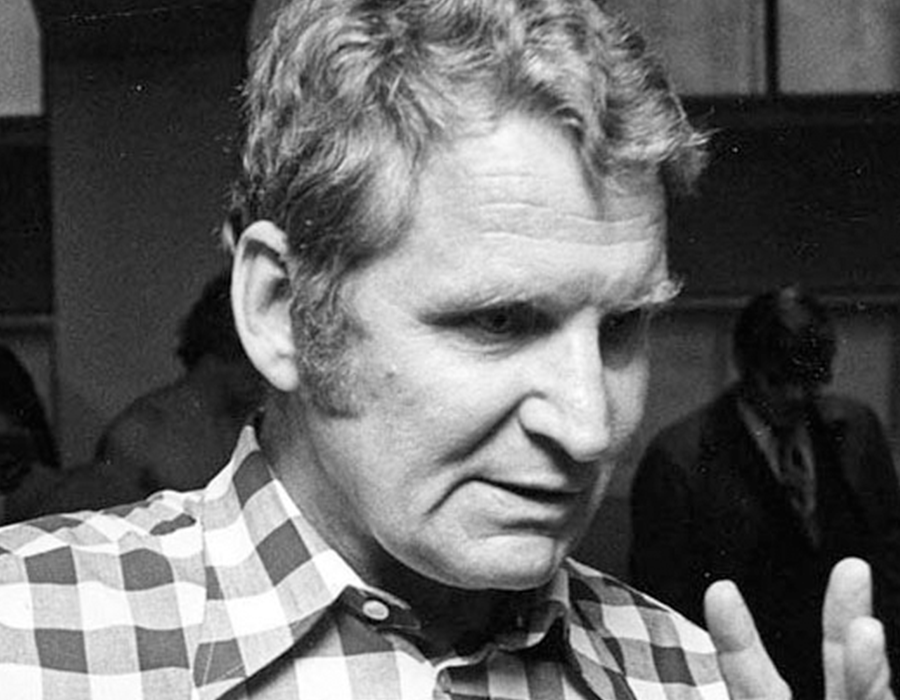
2. Olavi Laaksonen
Longest-serving head Coach of Finland’s national football A-team (1962–1974). During this time he used Eerikkilä as a location for training camps. He also had an influence on how Eerikkilä was developed and was involved in building Eerikkilä’s first indoor football field in 1967. Fondly remembered in Eerikkilä for his organisation of winter camps for the national team. The camp programme included skiing and training on a sawdust covered field outside.
One of the pioneers of scientific football coaching and all-year training in Finland. Coached Finland in the unofficial Nordic championships in 1964 and 1966 and also in the World Cup qualifiers with the first victories over renowned football countries (Poland 1965 and Spain 1969). Prior to coaching played in the football team Turun Toverit and as a goalkeeper for the national team. Played in 21 international games and guarded the Finnish goal in, for example, the Olympic Games in Helsinki in the year 1952.
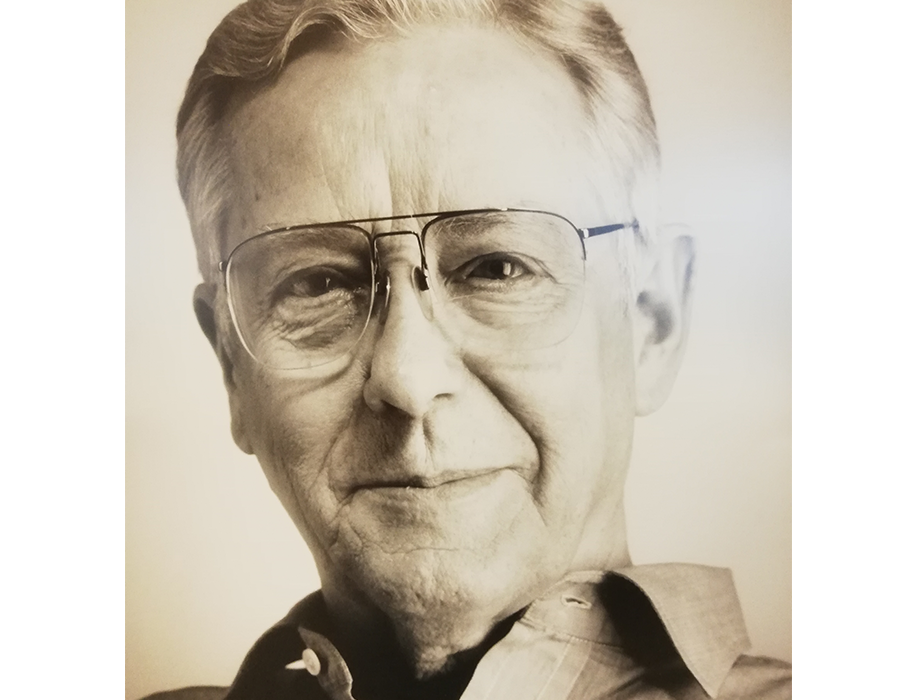
3. Erkki Poroila
Erkki Poroila is one of the most significant figures in Eerikkilä’s history. He was a member of the board for over 30 years (1967–1999), 10 of which as chair of the board. He was a long-term official of the foundation Palloilu Säätiö. One of the architects of the conditions in Eerikkilä in the 1980s and the 1990s. Also played an important role in Eerikkilä surviving the serious depression of Finland’s economy in the early 1990s.
Military background as a colonel of the Finnish Armed Forces and a military attaché. After his career in the military he served as the secretary general of FAF 1966–1983. Especially known for his language skills and international connections that were very useful for Finnish teams during their trips to international matches. Had positions in various committees in FIFA and UEFA and served in international positions, for example as the press relations manager of the 1986 FIFA World Cup.
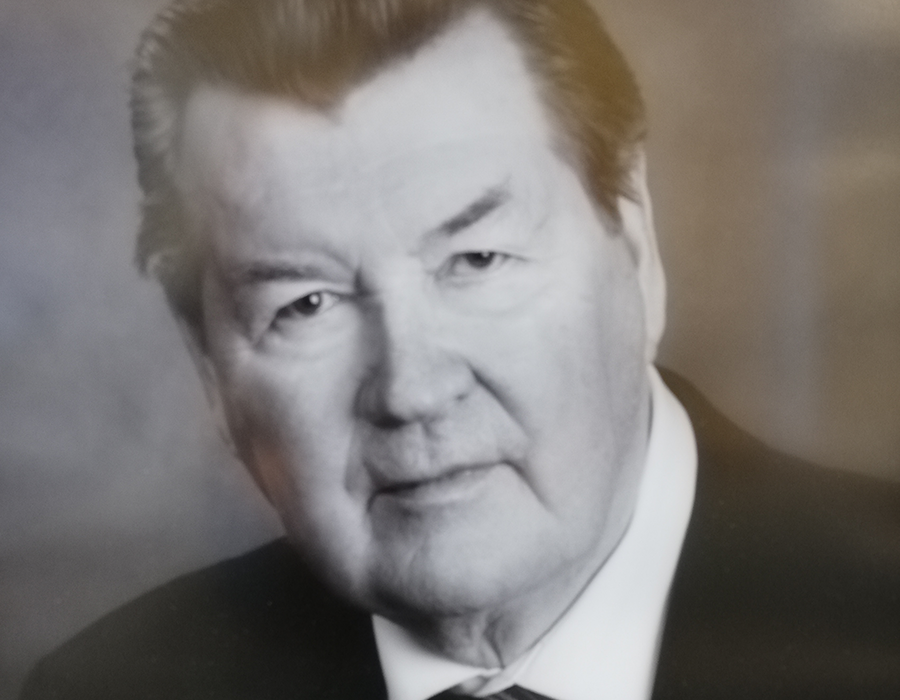
4. Mauri Miettinen
Mauri Miettinen was the chair of Palloilu Säätiö 1982–1999 and a member of the board since 1978 for almost 40 years. Very important person during the process of listing Eerikkilä as a state funded college in the early 1980s. As the chair of the foundation, guided Eerikkilä during the financially difficult period of depression and was involved in the construction project that was vital for the development of Eerikkilä; the full-size football hall that was built in 1998.
Forest officer by education, also had a long career in politics: member of the Finnish parliament 1972–1993 and during that time chaired the Legal Affairs Committee, the Defence Committee and the Parliamentary Supervisory Council, among others. He was the Finnish minister of Social Affairs and Health 1990–1991. Governor of Kymi county 1993–1997. An important figure in many fields of sports, had positions in the executive committee of FAF, the Central Council of Finland’s National Sports Federation and the Finland’s Sports Council to name but a few.
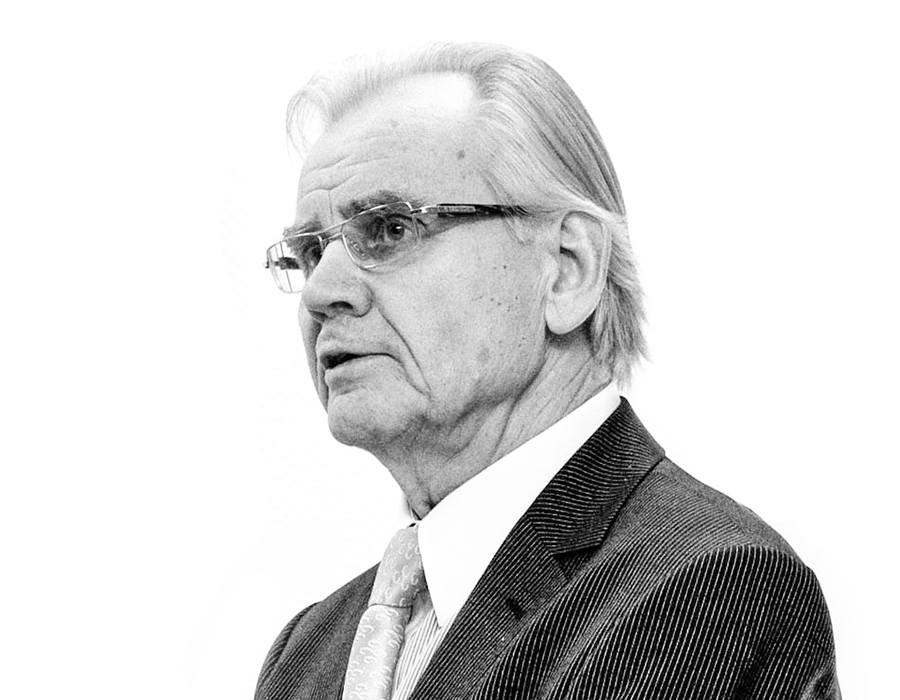
5. Pentti Seppälä
Pentti Seppälä acted as the chair of the foundation Palloilu Säätiö 2000–2014 and as a member of the board since 1989. Involved the construction of a full-size football hall in Eerikkilä in 1998. Elected as the chair of Palloilu Säätiö in 2000 and served in that position during the years of intensive growth and investing in the early 2000s. During the time Seppälä was the chair of the board, the new coaching and research centre Sami Hyypiä Academy was founded in Eerikkilä. The Academy has had a significant impact to the coaching of young football players in Finland.
Worked in the insurance business and served, amongst other things, as the managing director and vice managing director of Pohjola Bank. Prior to football he was involved in bandy as the chair of the Finland’s Bandy Foundation and as the vice chair of the Federation of International Bandy 1978–1983. 10 years as the chair of the Football Association of Finland (1987–1997).
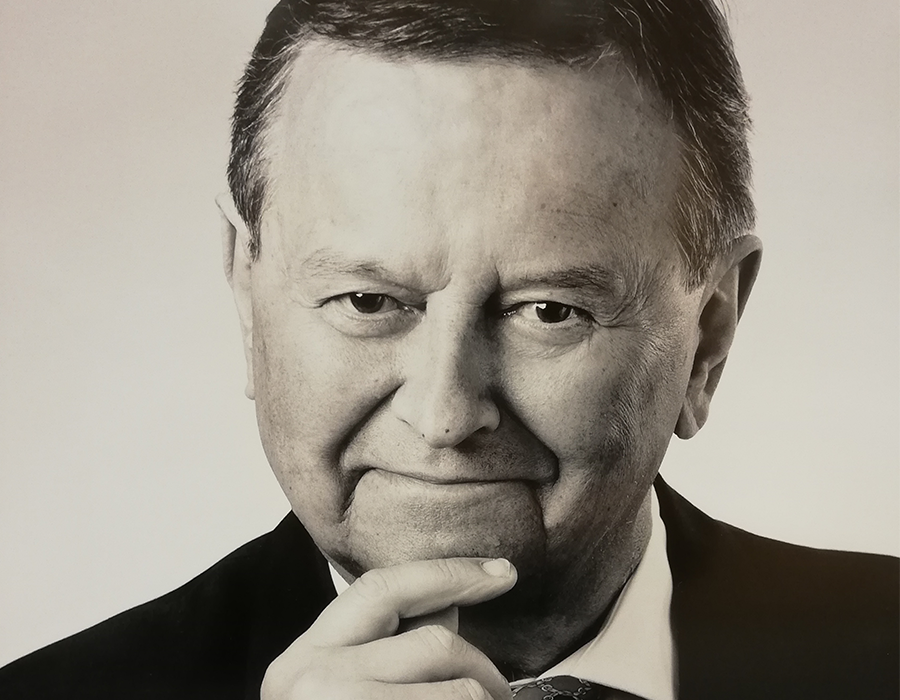
6. Jarkko Savola
Immeasurable length of work with Finnish football in various positions of trust. Member of the board in Eerikkilä, starting in 1983. Long-time deputy chair of the board and the chair of the board after Erkki Poroila in 1995. Chair of the board during Eerikkilä’s years of intensive activity and economical growth, 1995–2011.
Several positions of trust in FAF from the 1960s to the 2000s, including member of the Central Council and Complaints Committee. Representative of Tampere to the FAF Conference on several occasions. Awarded Finland’s sports culture and athletics’ Cross of Merit, appointed as a life member of FAF. Reserve major, worked in the insurance business for the company Pohjola. Also a long-time football announcer in Valkeakoski and Tampere.
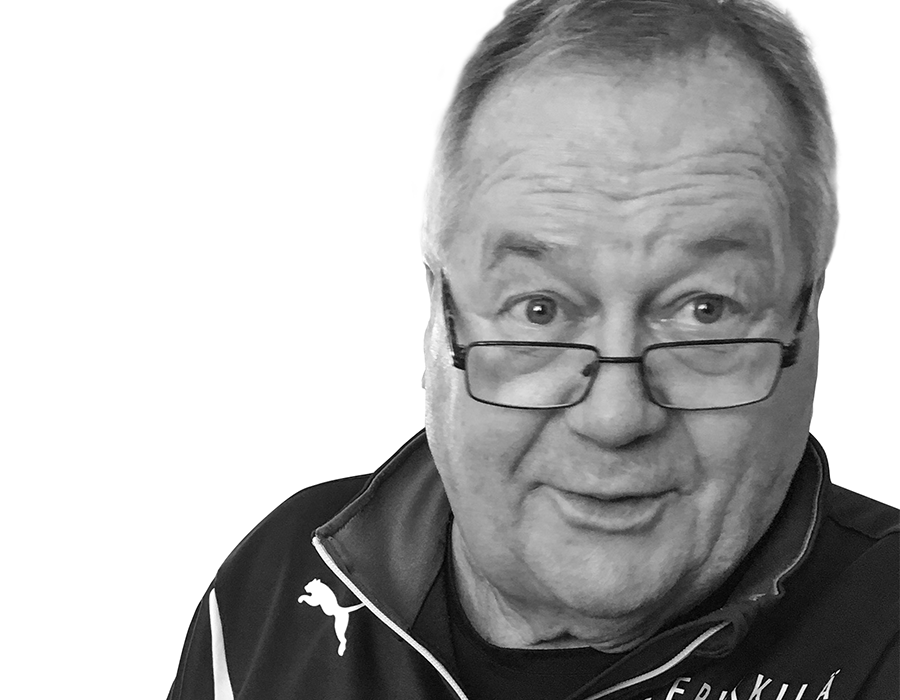
7. Simo Syrjävaara
A regular in Eerikkilä for several decades. Got to know Eerikkilä as a football player, partially as a player in the national team coached by Olavi Laaksonen. Participated in the Finland’s victories in the unofficial Nordic Championships in 1964 and 1966. Played 26 international games and scored one goal.
After his career as a football player, served many years as a coach of the national team. From the 1970s to the 2000s coached different age groups of boys’ national teams and the women’s and men’s national teams. Cooperated with Aulis Rytkönen in 1976–1978 in the latter position. Also was a youth manager in FAF and the Head Coach of men’s national futsal team. Chosen as the Football Coach of the Year in 1981, the first year of this award. He was awarded the Captain’s Ball in 2008 for his long career in the field of football.
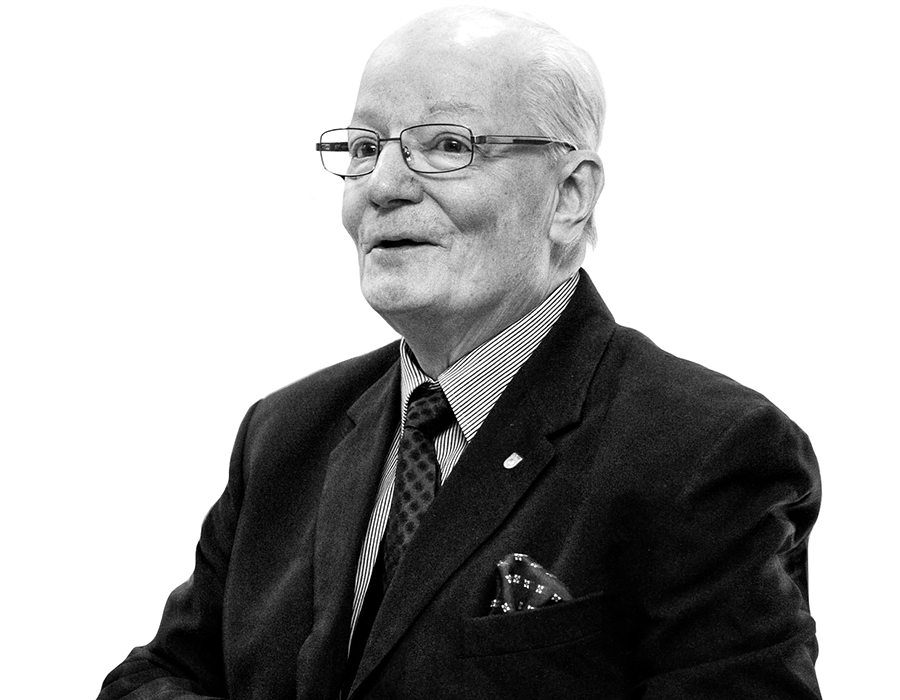
8. Gunnar Yliharju
A legendary manager of the Finnish national football team and a regular face in Eerikkilä ever since the end of the 1960s. Worked in FAF for six decades as the manager of national junior football teams, the Olympic team and men’s national football team. He attended more than a thousand international football games during his long career. He had countless days on training camps in Eerikkilä.
Before FAF he had different positions, for example in the Helsingin Palloseura football team, and was a long-time volunteer for the Helsinki Cup organisation. Yliharju was awarded the Captain’s Ball in 2006 and he was granted life membership of FAF in 2014. He worked in Helsingin Puhelinyhdistys (HPY), serving 35 years as head union representative.
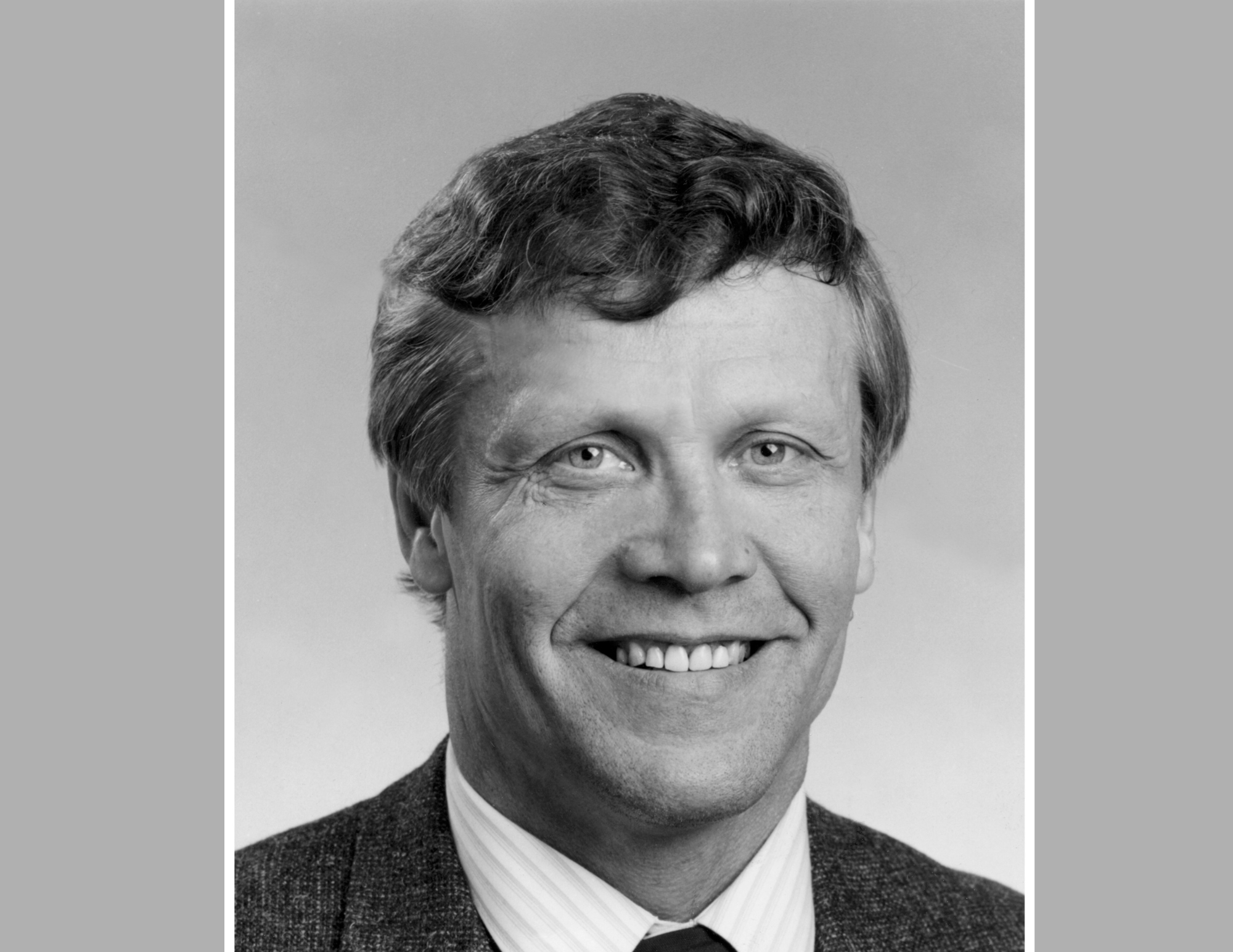
9. Raimo Kauppinen
Principal and director of the Eerikkilä Sports Institute from 1983 to 1999. He was the first director of Eerikkilä after it was granted the status of a statutory state-aided sports college in 1983.
Under Kauppinen, Eerikkilä saw strong operational growth and improvement in conditions despite the difficult recession of the early 1990s. Major projects included the completion of the Frenckell main building in 1992 and the long-awaited full-size football hall in 1998.
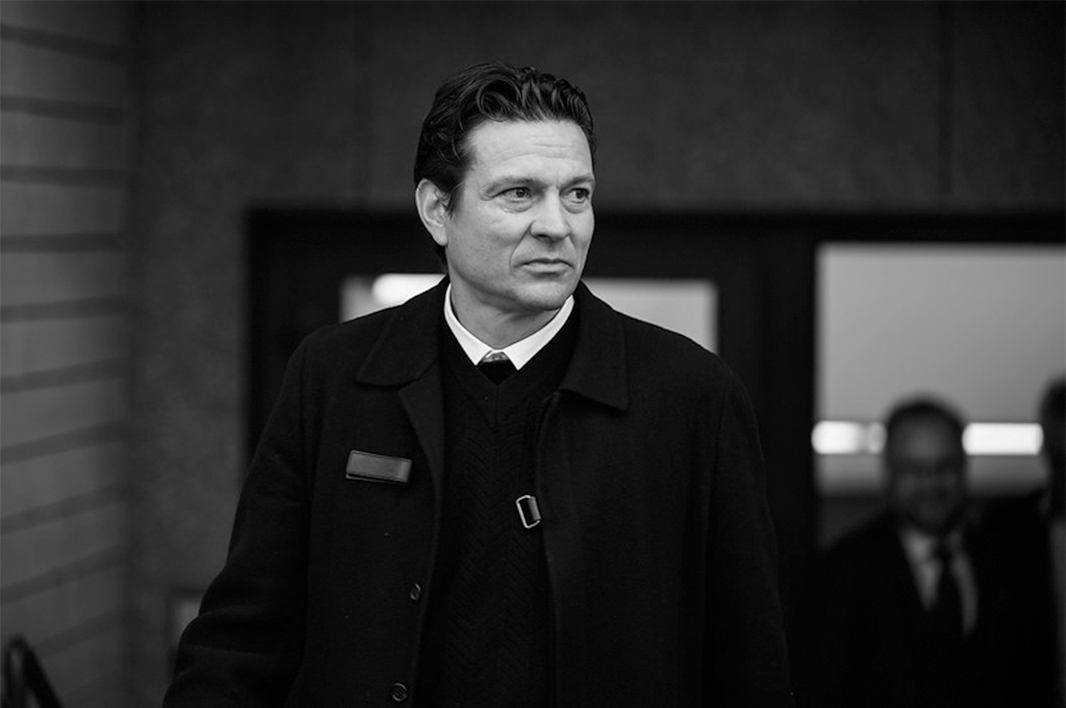
10. Jari Litmanen
Jari Litmanen has had a strong connection with Eerikkilä since birth: his father Olavi Litmanen learned of his son’s birth while he was in Eerikkilä at the national team’s winter camp on 20 February 1971.
Jari Litmanen’s national team career began with the first national team trial for the 1970/1971 C juniors in Eerikkilä in the summer of 1985.
Litmanen visited Eerikkilä with his club Lahden Reipas in the spring of 1987, when he became familiar with the 30 x 60 metre indoor hall and the Astroturf artificial turf, or “green concrete”.
Litmanen visited Eerikkilä with the national A team, especially during Richard Möller Nielsen’s head coaching period from 1996 to 1999, when the national team regularly camped in Eerikkilä before home matches.
In 2021, the Eerikkilä Arena was renamed the Jari Litmanen Arena, and a walkway was created in the arena’s corridor to honour the people who have influenced Finnish football history and culture.
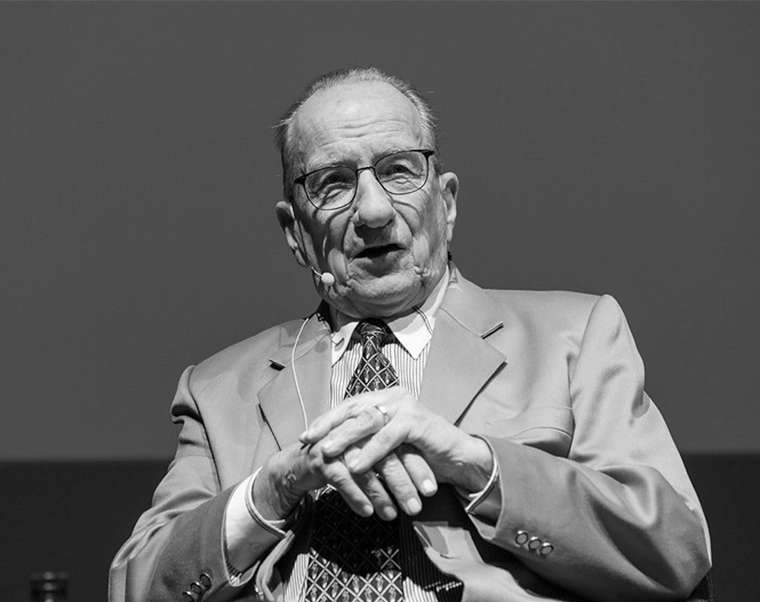
11. Jouko K. Leskinen
Jouko K. Leskinen served as a member of the Board of Directors of the Palloilu Säätiö 1990-2014 and as Chairman 2015-2020.
During Leskinen’s presidency 2015-2020, holiday apartments and a villa area were built, and Eerikkilä was expanded to the southern shore of Lake Ruostejärvi, when the Häme Nature Centre (now Villa Erik) moved to Eerikkilä.
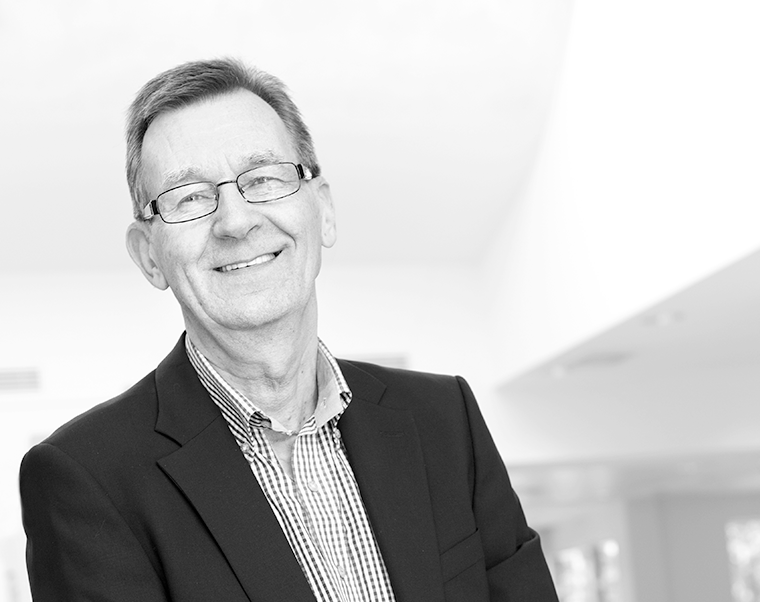
12. Göran Enckelman
Göran Enckelman was the director of Eerikkilä Sport Institute from 1999 to 2013.
Under Enckelman, the development of conditions in Eerikkilä accelerated further and floorball became the second main sport.
Major projects included the completion of the Tammela building 2002 and the Eerikkilä Football Arena (now the Jari Litmanen Arena) in 2013. The development of the facilities enabled football, volleyball and futsal teams of different age groups to hold regular camps and international matches in Eerikkilä.
The first youth football matches in Eerikkilä’s history were played in 2000 (in a football hall completed in 1998) and the first women’s A international in 2011.
The Sami Hyypiä Academy was established as a national coaching and research centre for football in 2011.
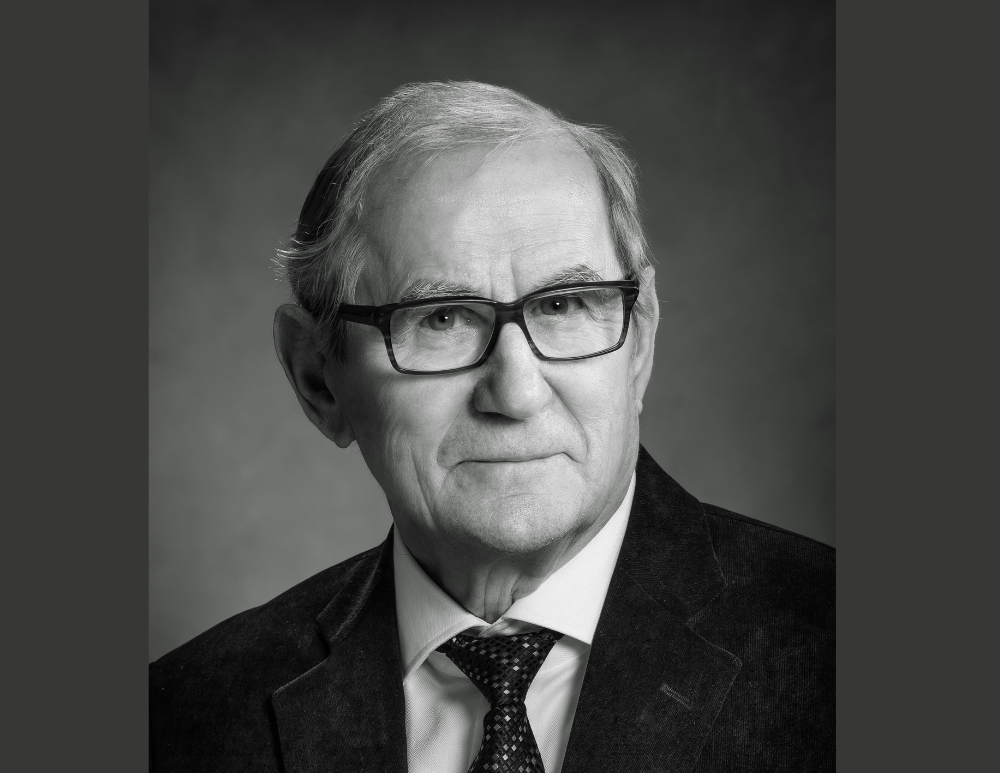
13. Reijo Toivonen
Reijo Toivonen is the third longest member of the Board of the Palloilu Säätiö Foundation (1986-2017). Mr Toivonen also served as a member of the Eerikkilä Board of Trustees from 2000 to 2016 and as Chairman from 2012 to 2013.